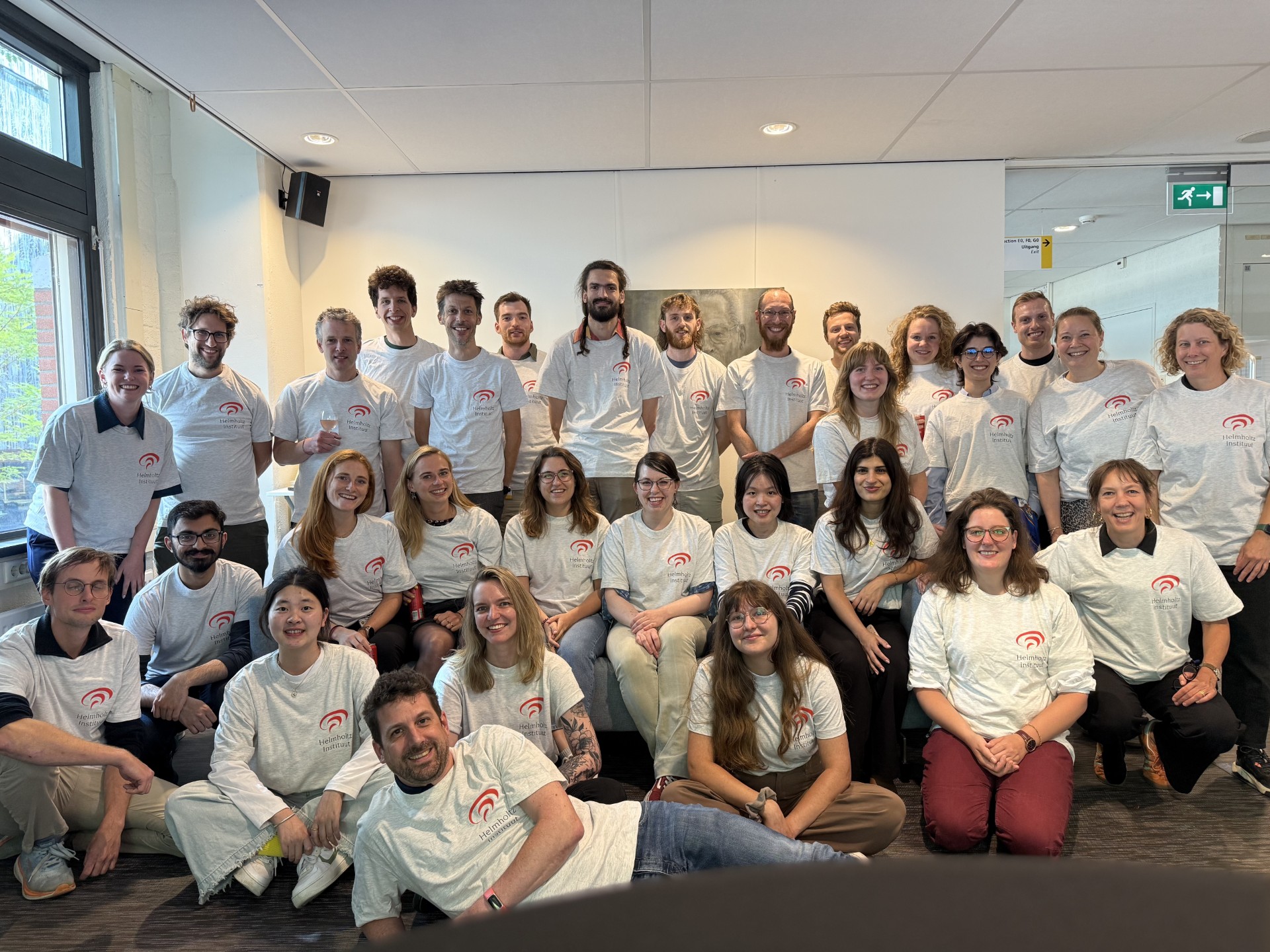Overview of the training program
PhD teaching program
The aim of the Helmholtz training program is to offer a multi-disciplinary training in the study of information processing and control of behavior in intact and damaged biological nervous systems. This includes the study of sensation, perception, memory, attention, emotion and motor control. It is important to realize that all these parts are closely related to each other. The training aims at promoting a multidisciplinary approach to scientific issues, easy cooperation and communication between students trained in different disciplines, awareness of where to find various kinds of expertise and how to profit from a multidisciplinary environment.
The educational program is compulsory for all PhD students. The training in the Helmholtz school serves a triple purpose
- Broadening of knowledge of biological information processing systems in general.
- Deepening of knowledge in the field of the PhD study.
- Acquiring skills for the presentation of scientific results.
General Helmholtz Training program
The content and teaching method of the selected PhD courses are the responsibility of the School that organizes a number of teaching activities to that end. An overview is provided here. See for more detail and requirements the tab Curriculum.
Departmental meetings
The core of the teaching program is the participation in scientific meetings and lectures organized at different levels within and across the participating laboratories, such as the department colloquia and the lab-meetings of the different participating groups.
Helmholtz Lectures
The lecture program organized by the school is the Helmholtz lecture series that students are expected to attend. To facilitate interaction between the PhD students and the Helmholtz speakers, students read a number of recent papers of the speaker and prepare questions for a meeting with the speaker on the day of the lecture. Also, students are invited to have lunch with the guest.
Scientific meetings
- Retreat
Once every two years, the Helmholtz School organizes a retreat. All staff members and PhD students are invited for a two day stay in a seaside hotel. An important aim is to provide PhD students with a relatively protected environment for learning how to present a paper. Over the years we have developed a format in which a number of group leaders introduce a research area with a focus on the important research questions and methods. Subsequently, PhD students present their own work. The advantage of this format is that PhD students from different research disciplines can still understand one another. - NVP
The members of Helmholtz aim to attend the bi-annual Winter Conference of the Nederlandse Vereniging voor Psychonomie (NVP). - In the years alternating with this conference, another meeting that the Helmholtz PhD students will attend is determined, for instance a meeting (co-)organized with EPOS (Experimental Psychological Graduate Research School).
Further training
The HH school offers several courses and students can obtain training in summerschools etc. See for more information the tabs Curriculum and Courses.
End points of the training
At the completion of the curriculum the following goals should have been reached:
- The students are able to formulate research problems, conduct scientific research and participate in the scientific community on an internationally accepted level. This should be evident from their work as condensed in a thesis. Requirements are in accordance with the general requirements for the PhD degree at Dutch universities.
- The students possess a general overview of the field and are ready to start fundamental research or engineering projects on a variety of subjects after a reasonable period of preparation.
- The students are able to communicate and collaborate with scientists from various disciplines that overlap the field. A physicist should be able to formulate research questions of biological and psychological relevance and vice versa. The students are able to appreciate literature from various disciplines.
- The students should be able to communicate colloquially and by way of publications in internationally acceptable English.
Context
The program is incorporated in the PhD program of the Graduate school of Social and Behavioral Sciences at Utrecht University, and is organized by the Helmholtz Research School. In 2018 we have restructured the Helmholtz Program to better fit participating research groups. Since joining the GSSBS, students are required to complete 20 EC, unless they already completed a research master program, which gives an exemption to 10 EC of the course work..


